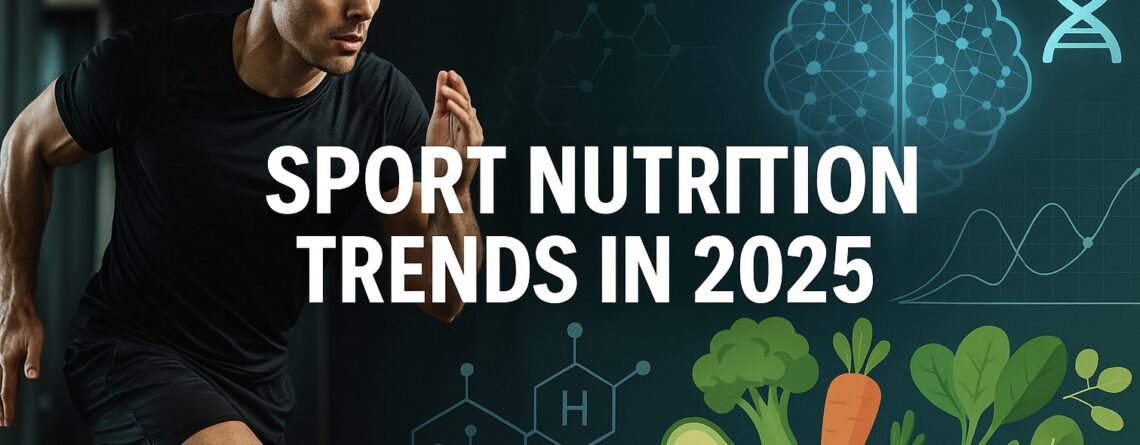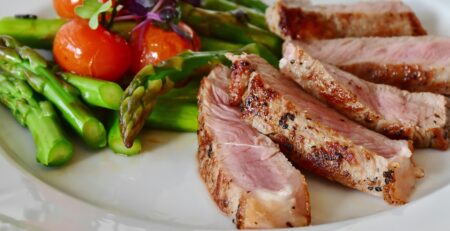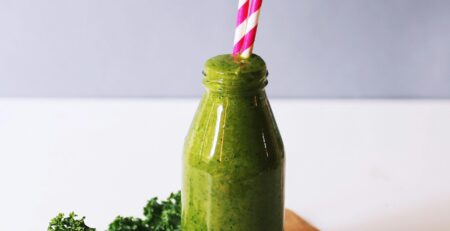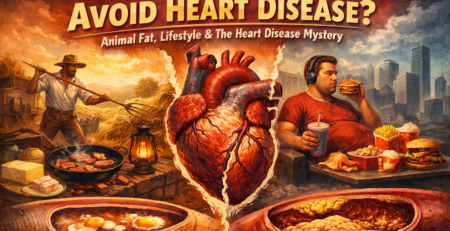Top Sport and Exercise Nutrition Trends in 2025: A Scientific Guide to Peak Performance
Welcome to SportNutArian, your hub for cutting-edge, evidence-based sport science and nutrition. Whether you’re a professional athlete, fitness enthusiast, or nutrition geek, staying informed on the latest trends in sport and exercise nutrition can drastically transform your training, recovery, and overall performance.
In 2025, we’re witnessing a paradigm shift — where nutrition is no longer one-size-fits-all. Instead, we’re diving into precision nutrition, gut-brain science, and real-time biofeedback. Here’s your comprehensive guide to the latest and most impactful trends, grounded in science and structured to optimize your potential.
1. Personalized Nutrition: The Genomic Revolution
Gone are the days of generic meal plans. In 2025, personalized nutrition uses genomic and metabolic profiling to tailor diet plans based on your nutrigenetic makeup. This includes how your genes influence:
Macronutrient metabolism Nutrient sensitivities (e.g., lactose or gluten intolerance) Recovery rates from physical exertion
By using DNA-based testing and metabolic analytics, SportNutArian aligns your dietary strategy with epigenetic expression and bio-individuality, enhancing training adaptation and injury resilience.
2. Plant-Based & Functional Nutrition: Performance with Purpose
Athletes are embracing plant-based diets not just for sustainability, but also for their anti-inflammatory and antioxidant properties. We’re seeing a surge in:
Adaptogens (e.g., ashwagandha, cordyceps) Nitrate-rich foods (e.g., beetroot for vasodilation) Fermented foods for gut microbiota balance
At SportNutArian, we explore functional foods that offer bioactive compounds enhancing recovery, immunity, and cognitive clarity — all through plant power.
3. The Gut-Brain Axis: Neuropsychological Nutrition
Did you know your gut health directly affects your mood, focus, and motivation? This is due to the gut-brain axis, a bi-directional communication network involving the enteric nervous system and central nervous system.
Optimizing the gut microbiome through prebiotics, probiotics, and postbiotics can:
Boost serotonin and dopamine levels Reduce cortisol (stress hormone) Enhance neuroplasticity and cognitive resilience
Nutrition that feeds your second brain is the new frontier in sport performance.
4. Hydration and Electrolyte Precision: Beyond Water
Hydration is no longer just about fluid intake. Elite-level performance requires electrolyte optimization tailored to individual sweat profiles and training intensities.
Modern strategies include:
Sodium-potassium-magnesium balanced electrolyte drinks AI-powered hydration tracking wearables Intra-workout electrolyte gels for endurance athletes
Proper hydration supports thermoregulation, neuromuscular function, and cardiovascular efficiency — all vital for peak performance.
5. Ergogenic Aids: Science-Backed Performance Boosters
Athletes now rely on evidence-based ergogenic aids to enhance muscle output, delay fatigue, and support lean mass gains. Key supplements include:
Creatine monohydrate – for phosphocreatine replenishment Beta-alanine – for lactate buffering and endurance HMB (β-Hydroxy β-Methylbutyrate) – for muscle preservation
At SportNutArian, we scrutinize clinical studies to ensure you only use safe, legal, and effective supplements.
6. Nutrient Timing: Sync Your Intake with Your Workout Clock
Understanding nutrient timing is essential for metabolic efficiency. Whether you’re bulking, cutting, or maintaining, syncing your nutrients to your circadian rhythm and training window is key.
Pre-workout: Complex carbs + moderate protein Intra-workout: Fast carbs + BCAAs (for endurance athletes) Post-workout: High-GI carbs + whey protein (muscle recovery)
This approach maximizes glycogen resynthesis, anabolic hormone response, and protein synthesis.
7. Cognitive Nutrition: Feed Your Focus
Athletic success is more than physical. From game-day decisions to long-term motivation, cognitive performance is the secret weapon.
2025 sees the rise of nootropics and brain foods such as:
Omega-3 fatty acids (DHA for synaptic fluidity) Caffeine + L-theanine (for focused alertness) Acetyl-L-Carnitine (neuroprotection and energy metabolism)
Enhancing prefrontal cortex function, these tools help athletes maintain mental clarity, reaction time, and tactical awareness.
8. Wearables and Metabolic Feedback: Data-Driven Nutrition
Biohacking has gone mainstream. Today’s elite athletes use wearable technology and biosensors to monitor:
Blood glucose (via CGMs) Heart rate variability (HRV) Oxygen saturation (SpO2) Energy expenditure (EE)
These tools offer real-time metabolic feedback, empowering athletes to make instant adjustments to diet, hydration, and recovery.
Final Thoughts: Sport Science Meets Individual Potential
At SportNutArian, we believe in the neuroscientific and nutritional synergy that fuels both body and mind. Our mission is to translate cutting-edge research into actionable insights so you can train smarter, recover faster, and perform better — all based on your unique physiology and cognitive profile.
Subscribe to SportNutArian and explore our exclusive guides, meal plans, and scientific deep dives into sport nutrition, psychology, and performance science.













